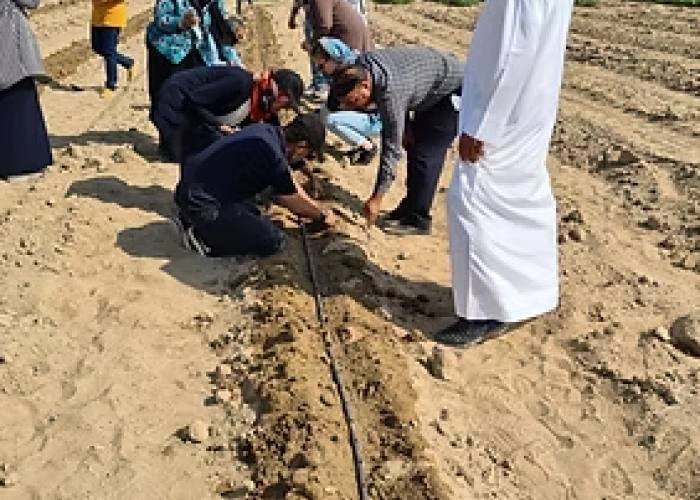Quick Scan - Possibilities for Saline Agriculture in Cuba

Salinization has been a problem in Cuba since the 1950s. It is caused by saltwater intrusion, rising
groundwater levels, and the use of saline water for irrigation, among others.
Of the 3 million hectares of arable land in Cuba, 1 million hectares has already been affected by salinization, and another 1 million may be affected in the near future. Salinization is affecting the production of fruit and vegetables, potatoes and tropical roots, corn, rice and sugar beet.
As part of the Cuban Government’s policy to combat climate change, it addresses the problem of salinization through building and improving drainage systems and promoting alternative irrigation techniques. The identification of crops that are better suitable for saline agriculture has not taken a prominent place in the efforts to address salinization as yet.
In March 2022, The Salt Doctors visited Cuba. This visit was commissioned by the government of the Netherlands and the objectives were to improve the insight into the salinity issues in Cuba and the potential solutions. Also, the feasibility of conducting a pilot project, in order to implement the potential solutions, were explored.
Stakeholder meetings took place at the Ministry of Agriculture in Havana and several locations were visited in the area of Artemisa.